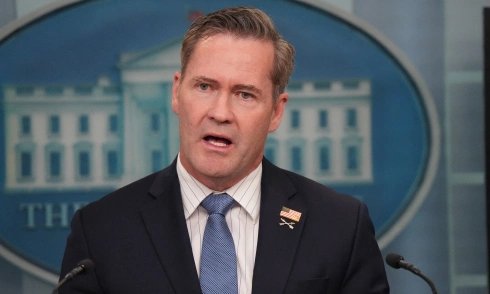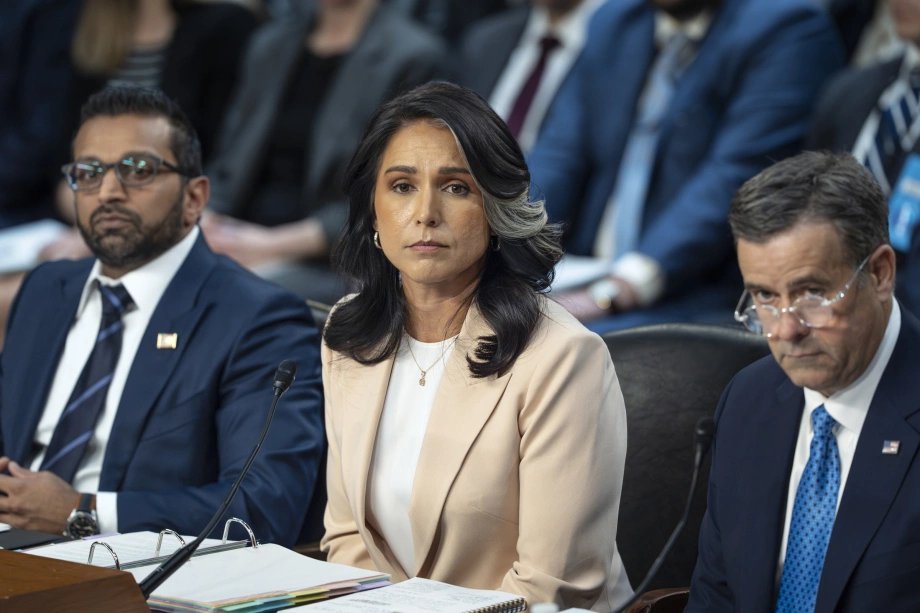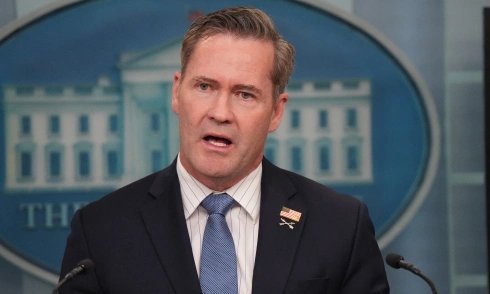The geopolitical landscape has been continuously shaped by global power struggles, with the United States and Russia remaining at the forefront of international affairs. Despite evolving threats from emerging powers and non-state actors, US intelligence agencies maintain that Russia remains a long-term threat to national and global security. This perspective is based on Russia’s aggressive foreign policy, cyber warfare tactics, military advancements, and its strategic alliances that counter US interests worldwide.
## Russia’s Military Expansion and Aggression

One of the primary concerns of US intelligence agencies is Russia’s persistent military expansion and aggressive stance in global conflicts. From its annexation of Crimea in 2014 to its continued military operations in Ukraine, Russia has demonstrated a willingness to challenge international norms and borders. The ongoing conflict in Ukraine is a stark reminder of Moscow’s military ambitions, as it continues to push forward despite heavy international sanctions and economic setbacks.
Additionally, Russia has strengthened its military presence in regions such as the Arctic, where it seeks to control strategic waterways and natural resources. This expansion raises alarms within US intelligence, as it challenges Western influence and global stability.
## Cyber Warfare and Disinformation Campaigns
Another critical aspect of Russia’s threat is its cyber warfare capabilities. The US intelligence community has repeatedly warned about Russia’s involvement in cyber-attacks targeting government institutions, businesses, and critical infrastructure. High-profile incidents, such as the SolarWinds attack and interference in US elections, highlight Russia’s ability to disrupt and manipulate digital systems for its own advantage.
Moreover, Russia employs extensive disinformation campaigns through social media and state-controlled media outlets to influence public opinion and create political divisions. These tactics aim to weaken democratic institutions, spread misinformation, and destabilize Western nations from within.
## Russia’s Strategic Alliances

Russia’s foreign policy is characterized by strategic alliances that counterbalance US influence on the global stage. One of the most significant partnerships is with China, where both nations have strengthened economic, military, and political ties. This alliance challenges Western dominance and creates a multipolar world where US interests face greater opposition.
Furthermore, Russia has extended its influence in the Middle East, Africa, and Latin America by supporting authoritarian regimes and engaging in economic and military partnerships. These alliances allow Moscow to expand its reach and counteract Western sanctions while gaining geopolitical leverage in key regions.
## The Economic and Energy Factor
Despite facing economic sanctions, Russia remains a formidable player in global energy markets. As one of the world’s largest producers of oil and natural gas, Russia exerts significant influence over energy-dependent nations, particularly in Europe. The Nord Stream 2 pipeline, for example, has been a point of contention between the US and European nations, highlighting Russia’s leverage in energy politics.
The US intelligence community views this economic influence as a critical aspect of Russia’s long-term threat, as it allows Moscow to manipulate global markets, finance military operations, and maintain its geopolitical ambitions despite economic pressure from the West.

## US Countermeasures and Strategic Response
In response to Russia’s growing threats, US intelligence agencies have recommended a multi-faceted approach to counter Moscow’s influence. This includes strengthening cybersecurity defenses, increasing intelligence-sharing among allies, and reinforcing NATO’s military presence in Eastern Europe.
Additionally, the US has imposed severe sanctions targeting Russian elites, businesses, and financial institutions to weaken its economic and military capabilities. Diplomatically, Washington continues to engage with allies to ensure a unified stance against Russian aggression.
## Conclusion
While global threats continue to evolve, US intelligence remains steadfast in its assessment that Russia is a long-term threat to national and international security. Moscow’s military aggressions, cyber warfare tactics, strategic alliances, and economic influence all contribute to its position as a major adversary to Western interests. Addressing these challenges requires a sustained and coordinated effort by the US and its allies to safeguard democratic values, global stability, and national security.
